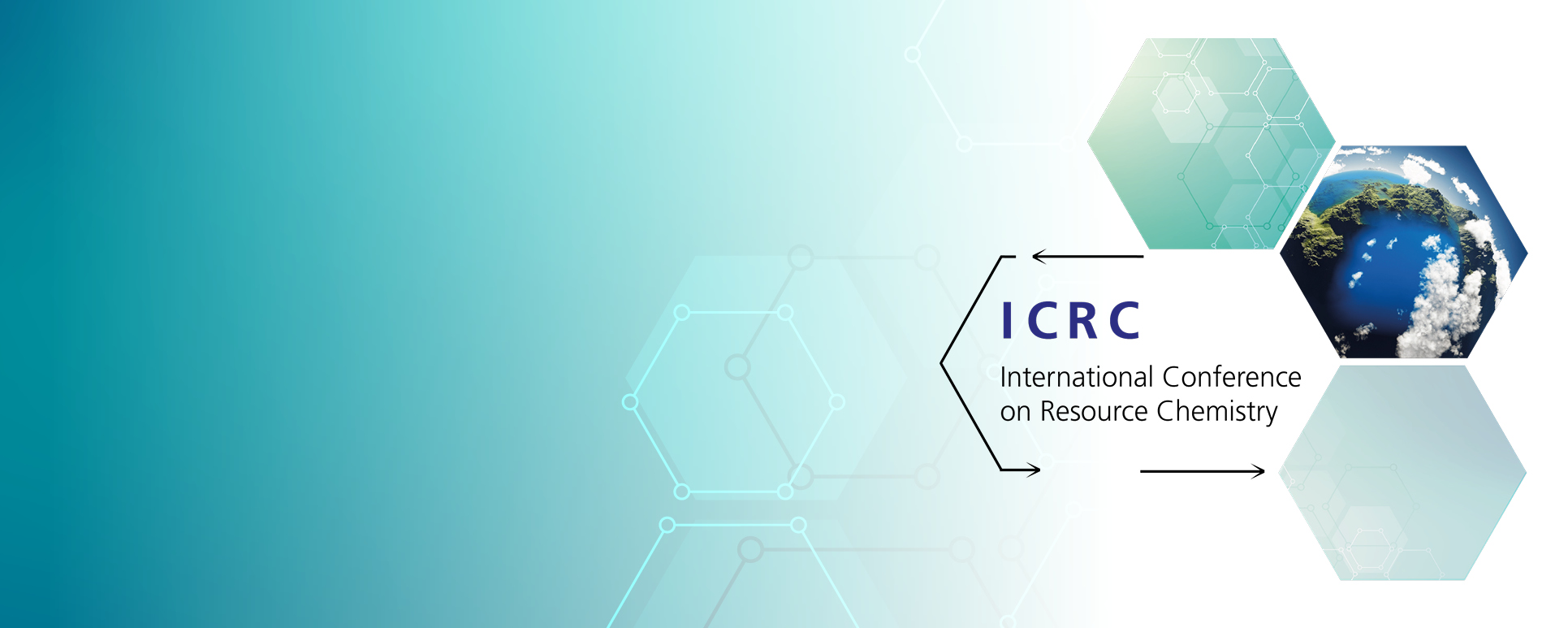About Prof. Dr. Claudia Felser
Claudia Felser studied chemistry and physics at the University of Cologne, completing her diploma in solid state chemistry (1989) and her doctorate in physical chemistry (1994). After postdoctoral fellowships at the Max Planck Institute in Stuttgart (Germany) and the CNRS in Nantes (France), she joined the University of Mainz in 1996 as an assistant professor (C1) becoming a full professor there in 2003 (C4). She is currently Director at the Max Planck Institute for Chemical Physics of Solids in Dresden. In 2001 Felser received Order of Merit (Landesverdienstorden) of the state Rheinland Pfalz for the foundation of the first NAT-LAB at the University Mainz with a focus in female school students. She is fellow of the IEEE Magnetic Society, American Physical Society, Institute of Physics, London, CIFAR Canada and the Materials Research Society of India. In 2018, she became a member of the Leopoldina, the German National Academy of Sciences, and acatech, the German National Academy of Science and Engineering. In 2011 and again in 2017, she received an ERC Advanced grant. In 2019, Claudia Felser was awarded the APS James C. McGroddy Prize for New Materials together with Bernevig (Princeton) and Dai (Hongkong). In 2020, she was elected to the United States National Academy of Engineering (NAE) and in 2021 to the United States National Academy of Sciences (NAS). She was awarded the Max Born Prize of DPG (German Physical Society) and IOP (Institute of Physics), the Liebig Medal of the German Chemical Society (GDCh), and the Wilhelm-Ostwald-Medal of the Saxon Academy of Science in 2022. Also in 2022, she was elected to the Akademie für Wissenschaften und der Literatur Mainz as a member. Together with Bernevig, Claudia Felser was awarded the Europhysics Prize of the European Physical Society in 2023. Most recently, she has been appointed to the Hall of Fame of German Research. Her research foci are the design, synthesis, and physical characterization of new quantum materials, in particular, Heusler compounds, and topological materials for energy conversion and spintronics.
